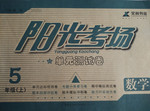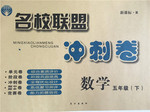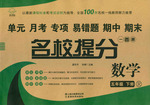题目内容
1. Their house in the city center has been taken apart, and have to settle in the countryside. (make)
他们在市中心的房子被拆了,这让他们无家可归了,而且只能住在乡下。
1. making them homeless / which makes them homeless 考查现在分词形式作结果状语,以及make后面所跟的复合宾语结构。在本题中,前面的整句引出后面的结果,中间没有连词连接,因此用making。同时也可以用定语从句,用which指代前面的整句。

练习册系列答案
 黄冈360度定制密卷系列答案
黄冈360度定制密卷系列答案 阳光考场单元测试卷系列答案
阳光考场单元测试卷系列答案 名校联盟冲刺卷系列答案
名校联盟冲刺卷系列答案 名校提分一卷通系列答案
名校提分一卷通系列答案
相关题目